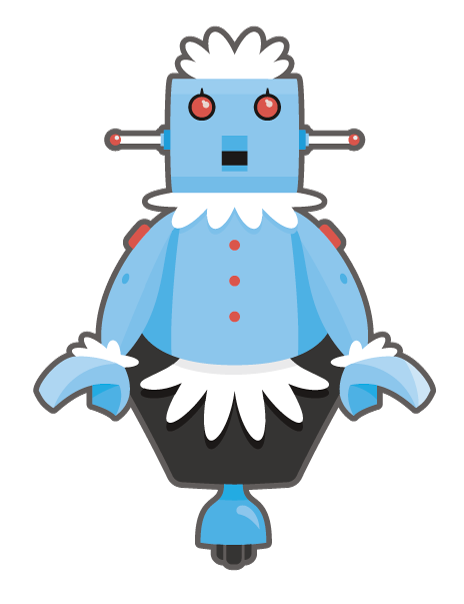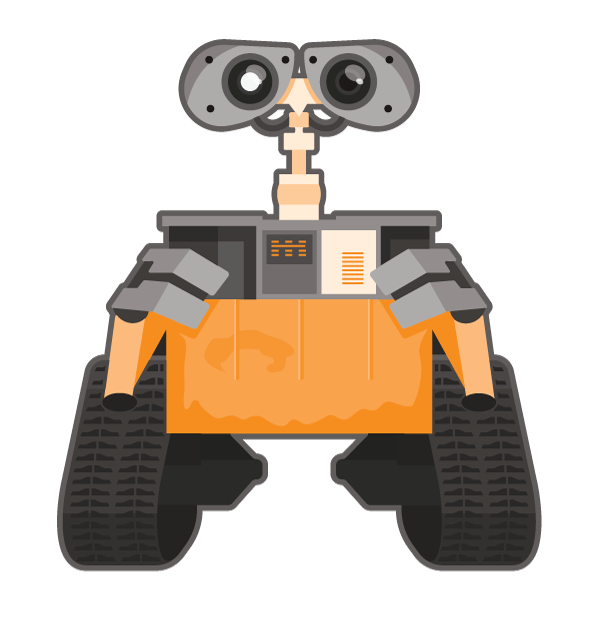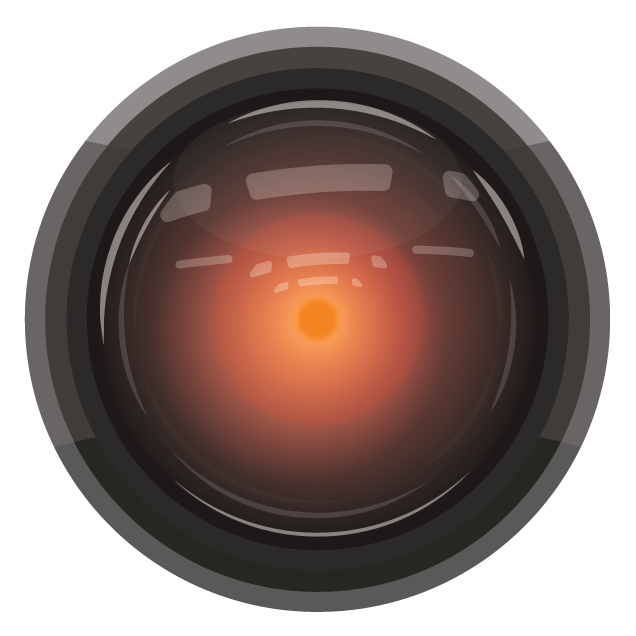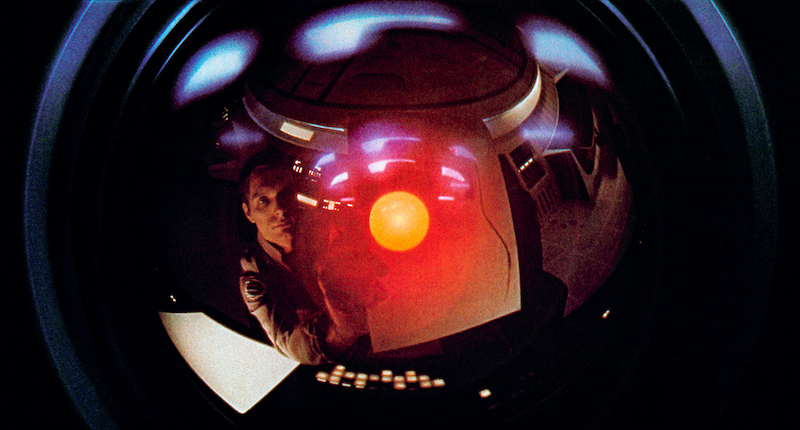Almost daily, we read about how AI is changing our lives. It's learning to do our jobs. It's finding planets that human eyes can't. It's driving our vehicles, invading our privacy, disrupting financial markets and helping us shop. In short, it's either making our lives better or threatening our place on the planet. Maybe both.
Help make sense of it all with this quick explainer on the what, why and when of artificial intelligence.
Sources: Alberta Machine Intelligence Institute and Department of Computing Science

3 things AI can do for us
AI is not about replacing humans, says researcher and computing science professor Mike Bowling. It's a tool to make us better. Here's what it can do for us, he says.
- Things humans aren't very good at but do anyway because nobody else can or is doing them.
- Things we just don't want to do.
- Things we aren't able to do at all.

From A(I) to Z: terms you should know
Artificial IntelligenceEven the experts don't agree on exactly what is and isn't AI. But in general terms, it's a computer system capable of performing tasks that normally require human intelligence, such as solving problems, making decisions, processing language and recognizing images.
Algorithm
A step-by-step process or set of rules that guide a computer to make calculations or solve problems. In computers, these are written in a programming language; in everyday life, a recipe or assembly instructions are algorithms.
Natural Language Processing (NLP)
A branch of AI focused on helping computers understand and use human language.
Machine Learning
A branch of AI aimed at creating systems that can learn from and adapt to a complex, uncertain environment without being explicitly programmed.
Reinforcement Learning
An area of machine learning inspired by behavioural psychology that uses reward or punishment to reinforce the machine's predictions or actions, much like humans learn from trial and error. Take a game of checkers: if the computer makes a move that costs it a checker, it learns to avoid that scenario next time.
Deep Learning
Also called deep or artificial neural networks, deep learning is built on the idea that high-level abstract concepts can be learned from low-level ones. Simple computing nodes are layered and interconnected much like a human brain, with each layer's output serving as input for the next.
Machine Intelligence
Artificial intelligence and machine learning are together often referred to as machine intelligence. They enable machines to interact with their environments in intelligent ways.

Robot overlords? Not really
How close are we to creating robots that could take over the world? Most AI researchers agree it's a long way off - if it ever happens at all. Here's why.
» General AI
When we think of artificial intelligence, most of us think of the pop culture version, à la Ex Machina's Ava or Star Wars' R2-D2. Most researchers agree artificial intelligence is many decades away from being able to match this breadth and complexity of human ability.
» Narrow AI
Most artificial intelligence systems around us today are narrow or "weak" artificial intelligence. That means the system can do one specialized task but can't yet be trained to reason its way past that specific goal. For example, a chess program will only play chess.
To create general AI - in other words, for computers to be able to do what humans can do - a wealth of narrow AI "problems" have to be solved. Even the most advanced research today is focused on narrow fields, such as training computers to reason, plan, understand language, recognize and respond to visual cues, and learn through trial and error.

From R2-D2 to Rosie
By Jaden Travnik
How close are we to these sci-fi classics? Let's rank 6 of pop culture's favourite robots rated from 1 (check back in a future far, far away) to 10 (buy one today).

R2-D2, Star Wars
2/10 - We have welding robots that work in factories following programmed directions but none yet that can repair a spaceship in the middle of battle while cracking wise.


T-1000, Terminator 2
» 3/10 - A lab at RMIT University in Australia has made a conductive liquid metal that can move and change shape based on what is around it, but the T-1000 is still a long way off.


Rosie, The Jetsons
» 4/10 - The price tag on robot maids is well beyond most cars, and they only work in certain kitchens, so don't expect your household chore list to get shorter any time soon.


WALL-E, WALL-E
» 5/10 - Although his shovel hands, all-terrain treads and solar-power technology are all readily available today, the robot's curiosity is still science fiction - partly because there is no agreed-upon way to mathematically define curiosity.


Baymax, Big Hero 6
» 7/10 - Robots have an exciting role in health care, from helping with surgery to being used as prosthetic devices to delivering medication. Given these advances, some of the medical functions Baymax has at its disposal will soon be carried out by robots at a hospital near you.


HAL 9000, 2001: A Space Odyssey
» 10/10 - HAL 9000 is basically a personal assistant attached to a spaceship. It's easy to imagine going from, "Siri, call home" to "OK Google, open the pod bay doors." But so far, our digital assistants are neither sentient nor homicidal.
Illustrations by Clint Ford

We at New Trail welcome your comments. Robust debate and criticism are encouraged, provided it is respectful. We reserve the right to reject comments, images or links that attack ethnicity, nationality, religion, gender or sexual orientation; that include offensive language, threats, spam; are fraudulent or defamatory; infringe on copyright or trademarks; and that just generally aren’t very nice. Discussion is monitored and violation of these guidelines will result in comments being disabled.